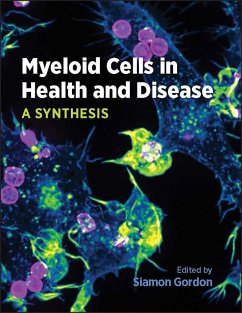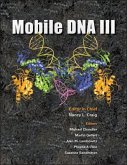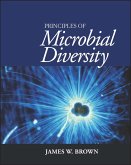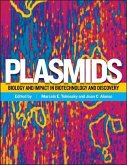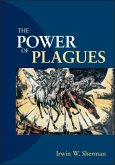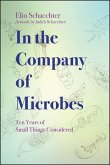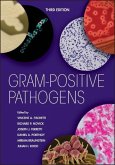The structure, functions, and interactions of myeloid cells have long been the focus of research and therapeutics development. Yet, much more remains to be discovered about the complex web of relationships that makes up the immune systems of animals. Scientists today are applying genome-wide analyses, single-cell methods, gene editing, and modern imaging techniques to reveal new subclasses of differentiated myeloid cells, new receptors and cytokines, and important interactions among immune cells.
In Myeloid Cells in Health and Disease: A Synthesis, Editor Siamon Gordon has assembled an international team of esteemed scientists to provide their perspectives of myeloid cells during innate and adaptive immunity. The book begins by presenting the foundational research of Paul Ehrlich, Elie Metchnikoff, and Donald Metcalf. The following chapters discuss evolution and the life cycles of myeloid cells; specific types of differentiated myeloid cells, including macrophage differentiation; and antigen processing and presentation. The rest of the book is organized by broad topics in immunology, including
_ the recruitment of myeloid and other immune cells following microbial infection
_ the role of myeloid cells in the inflammation process and the repair of damaged tissue
_ the vast arsenal of myeloid cell secretory molecules, including metalloproteinases, tumor necrosis factor, histamine, and perforin
_ receptors and downstream signaling pathways that are activated following ligand-receptor binding
_ roles of myeloid cells during microbial and parasite infections
_ contributions of myeloid cells in atherosclerosis
_ myeloid-derived suppressor cells in tumor development and cancer
Myeloid Cells in Health and Disease: A Synthesis will benefit graduate students and researchers in immunology, hematology, microbial pathogenesis, infectious disease, pathology, and pharmacology. Established scientists and physicians in these and related fields will enjoy the book's rich history of myeloid cell research and suggestions for future research directions and potential therapies.
Hinweis: Dieser Artikel kann nur an eine deutsche Lieferadresse ausgeliefert werden.
In Myeloid Cells in Health and Disease: A Synthesis, Editor Siamon Gordon has assembled an international team of esteemed scientists to provide their perspectives of myeloid cells during innate and adaptive immunity. The book begins by presenting the foundational research of Paul Ehrlich, Elie Metchnikoff, and Donald Metcalf. The following chapters discuss evolution and the life cycles of myeloid cells; specific types of differentiated myeloid cells, including macrophage differentiation; and antigen processing and presentation. The rest of the book is organized by broad topics in immunology, including
_ the recruitment of myeloid and other immune cells following microbial infection
_ the role of myeloid cells in the inflammation process and the repair of damaged tissue
_ the vast arsenal of myeloid cell secretory molecules, including metalloproteinases, tumor necrosis factor, histamine, and perforin
_ receptors and downstream signaling pathways that are activated following ligand-receptor binding
_ roles of myeloid cells during microbial and parasite infections
_ contributions of myeloid cells in atherosclerosis
_ myeloid-derived suppressor cells in tumor development and cancer
Myeloid Cells in Health and Disease: A Synthesis will benefit graduate students and researchers in immunology, hematology, microbial pathogenesis, infectious disease, pathology, and pharmacology. Established scientists and physicians in these and related fields will enjoy the book's rich history of myeloid cell research and suggestions for future research directions and potential therapies.
Hinweis: Dieser Artikel kann nur an eine deutsche Lieferadresse ausgeliefert werden.

